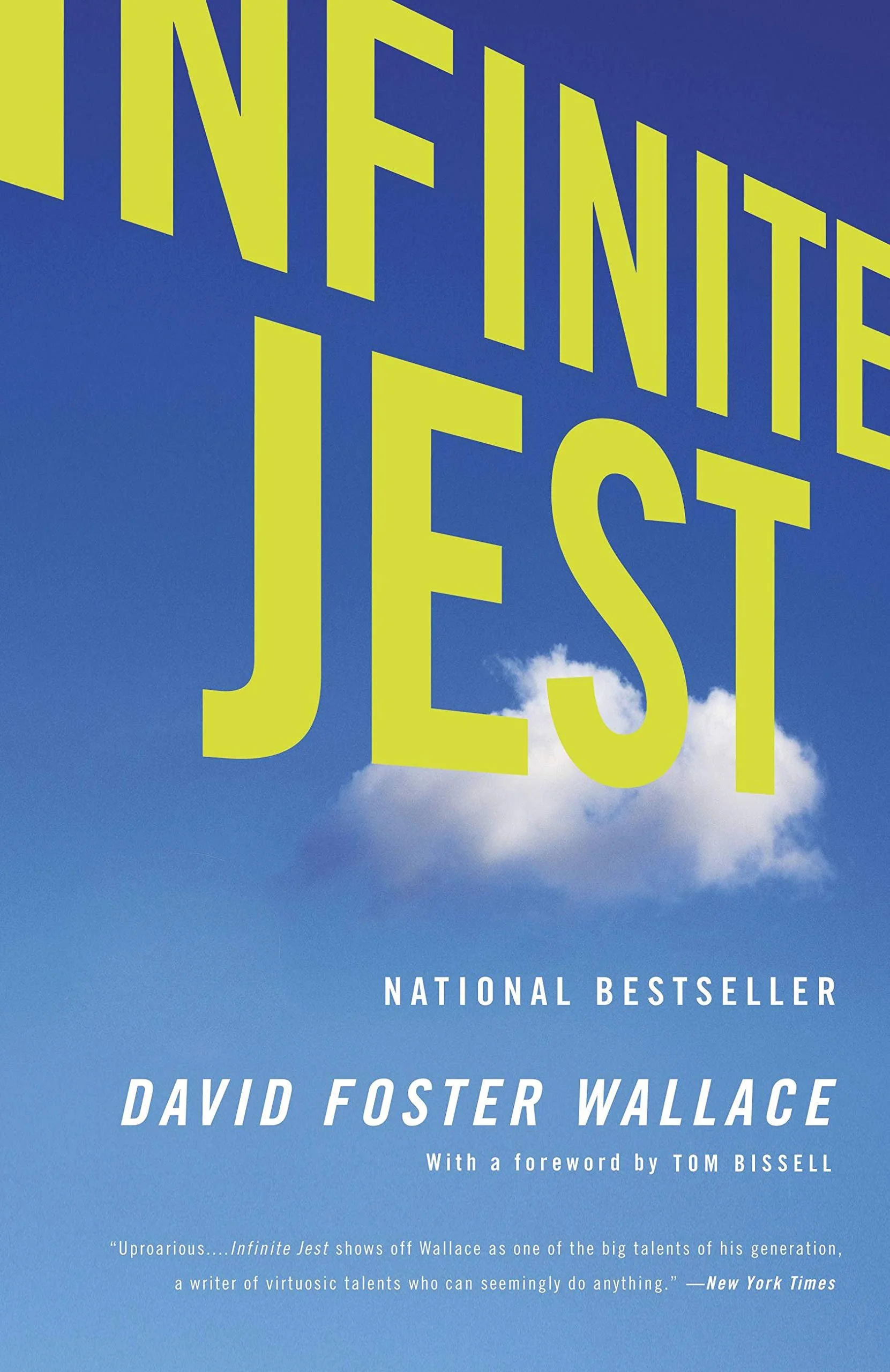
Country: USA
Genre: Non-Fiction/Essays
Pages: 353
The day finally arrived where I sat down and read my new writer-darling, who charmed me by turning regular interviews in intellectual renderings of Enter The Dragon. I brought with me for the long and sucky day of plane travelling, this tome of Wallace about everything and nothing and a lot about himself. A Supposedly Fun Thing I'll Never Do Again proved to be a compelling read and a useful survival guide against the odd and the bizarre of travelling through four countries in 24 hours.
Through discourses on a variety of subjects (tennis, Illinois, television, David Lynch, literary critics, carribean cruises, Michael Joyce...), Wallace affirms himself as cartesian observer with an approach to life deeply influenced by his relationship to mathematics. He makes sense of his tennis success through his ability to calculate the variables of the court faster than his opponents, who often had physical advantage over him. The rationalization of a rational tennis game could be thick and boring if it wasn't for Wallace's humble and human approach.
This is where he gains so many points for me and goes as far as reconciling me with intellectuality a little. Through his essays, Wallace shows strong values and sets standards for his writing, the biggest being clarity. I have studied literary critic for five years and in eight pages, he managed to give me a radically new insight on the post-strucuralist thinkers.
This humility is often the highest peak and the lowest points in his writing. When Wallace knows what he's talking about, he's not scared to kick your ass and take chances as he does in his legendary essay on U.S Fiction and Television where he tears his fellow writer Mark Leyner a new one...and rightfully so. He's intellectual, but he talks from the heart and focuses on what HE thinks is right, rather than validating a system of thought. That's also his weak point as when he's not well informed on a subject, he locks himself out into a role of simple observer with an ambivalent stance on his assignment. It's much to his honor, but it can turn some texts into mundane series of equally weird encounters (I.E. his essay on Illinois State Fair)
Wallace earned his golden letter righteously. His prose wants to achieve the highest features, but never puts itself over anyone. His courteous approach to his high end literary style is refreshing in a time where writers are too serious or mindless, incorporated iconoclasts. Fun, engrossing and has an educative value. Hard to pass by.

